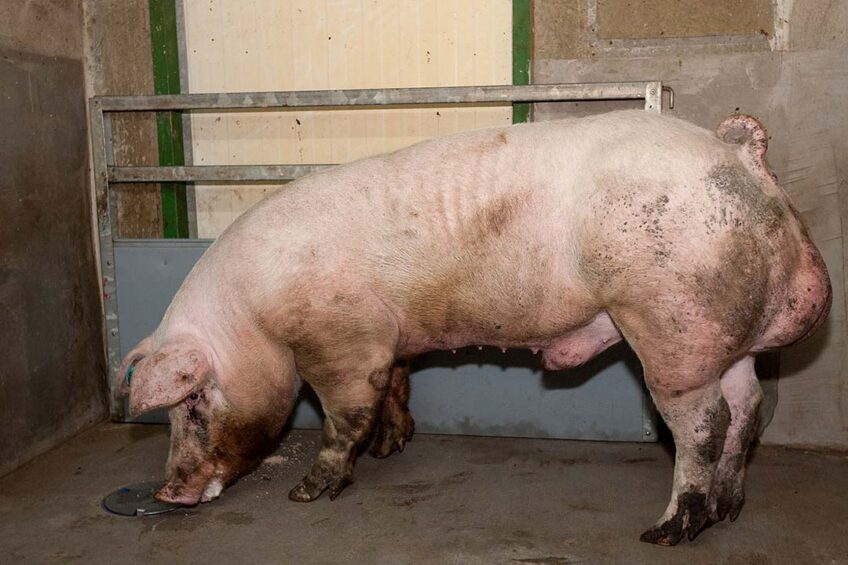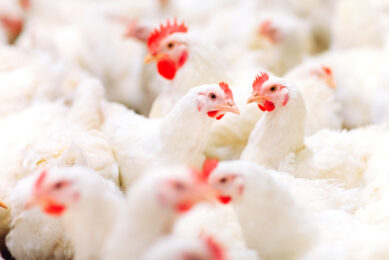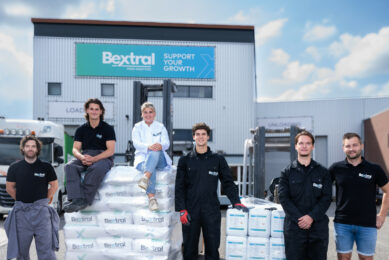Gelatine supplementation in semen extenders improves sperm quality

A team of Thai researchers focused on finding an effective method to prolong the semen cold storage time and to increase sperm fertility potential.
A long-term extender extends the lifetime of boar semen by acting as an energy source for sperm metabolism, facilitating pH buffering for sperm cell waste and providing ions for membrane and cell balance. Its limited ability to function as a storage medium without reducing the fertilising capacity of semen is a concern which affects the survival of sperm during cooled storage, which is why the researchers searched for alternatives.
The researchers published about their findings in the Journal of Animal Bioscience in a research article published in February 2024. They evaluated the efficacy of different concentrations of gelatin and oxytocin supplementation in long-term semen extender on boar semen quality.
Data collection
The team selected 6 boars with proven fertility in the age range of 2 to 3 years old. In addition, the researchers used 23 crossbred sows from parity 1 to 6 for artificial insemination. They collected semen from the boars once to twice a week and recorded semen volume, pH value, and sperm motility and concentration. In addition, they extended semen samples in the Butschwiler extender with minor modifications. Then, they added different concentrations of gelatine including 1.0%, 1.5%, 2.0%, and 2.5% to semen extender.
In the next step, they selected the 1.5% gelatin group and added oxytocin at 0, 5, and 10 IU per artificial insemination dose. They evaluated semen quality in terms of sperm motility, viable sperm with intact acrosomes and high mitochondrial potential, and the pH values after storage at days 0, 4, 7, and 10. In the last step, they supplemented the extender with 1.5% gelatin and 10 IU of oxytocin to determine the fertilising capacity of semen.
Impact of gelatine supplementation for sperm quality
The sperm quality in terms of total motility, progressive motility, and the proportion of viable sperm with intact acrosomes and high mitochondrial potential was highest with 1.5% gelatine supplementation on all days of storage. However, the sperm quality continued to decrease with increasing storage time. The gelatin dose of 2.5% negatively affected sperm parameters, resulting in the lowest progressive motility.
Impact of oxytocin supplementation on sperm quality
Oxytocin supplementation did not affect sperm quality at any dose and any days of storage.
Impact of gelatine and oxytocin on fertilising capacity
The fertilising capacity using 1.5% gelatin with 10 IU oxytocin after 8 to 10 days of storage was acceptable and comparable to that of short-term storage.
Conclusions
The authors concluded that the 1.5% gelatine supplementation level in the semen extender medium was the most effective for improving sperm quality after storage with acceptable fertilizing capacity comparable to that of short-term storage.











